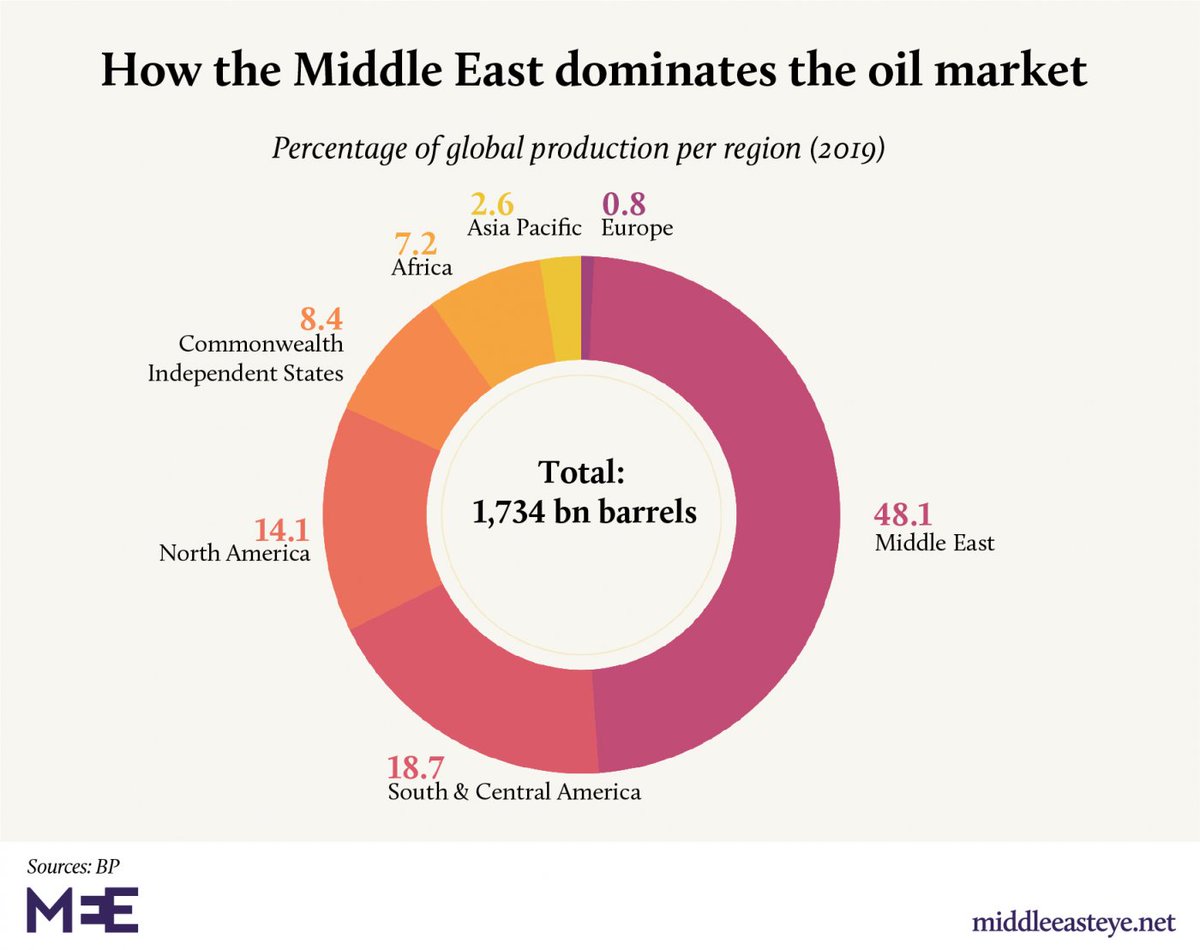
#OnThisDay Palestinian-American academic, intellectual, musician and activist Edward Said was born in Jerusalem on 1 November 1935 

Said was born to Christian parents in the British-governed Mandatory Palestine, and split his childhood between Jerusalem and Cairo. He later went on to study at Princeton and Harvard in the US, before joining the faculty of Columbia University in 1963 

In 1978, he published Orientalism, one of the most influential academic texts of the 20th century. It argued that scholarship by Westerners in the Islamic world stereotyped an “otherness”, which facilitated and supported colonial policy in the region 

Said’s analysis has been applied to the ‘War on Terror’ post 9/11, and Orientalism has been described as showing “no signs of abating” 40 years after its publication ow.ly/QHc630rhZTC
In addition to his writing, Said was an outspoken and vocal advocate for Palestinian rights, and was elected to the Palestine National Council (PNC) in 1977.
He advocated for a bi-national Israeli-Palestinian state with equal rights and citizenship ow.ly/fBdx30rhZWN
He advocated for a bi-national Israeli-Palestinian state with equal rights and citizenship ow.ly/fBdx30rhZWN
He was highly critical of the Oslo Process signed in 1993, which he described as "an instrument of Palestinian surrender, a Palestinian Versailles".
It led to Said leaving the PNC and his books, briefly, being censored by the Palestinian Authority
It led to Said leaving the PNC and his books, briefly, being censored by the Palestinian Authority

Said was criticised and vilified throughout his career, and even this year was described as a “prophet of political violence” by a column in Newsweek ow.ly/FQ6t30rhZXZ
In addition to academia and politics, Said was an accomplished pianist, and an opera critic. He founded the West-Eastern Divan Orchestra in 1999 with Argentine-Israeli conductor Daniel Barenboim 

Said died of leukaemia on 24 September 2003. His legacy as an intellectual titan of the 20th century and a leading advocate of the Palestinian cause lives on
Photo credits: AFP/Wikimedia
Photo credits: AFP/Wikimedia

• • •
Missing some Tweet in this thread? You can try to
force a refresh

















